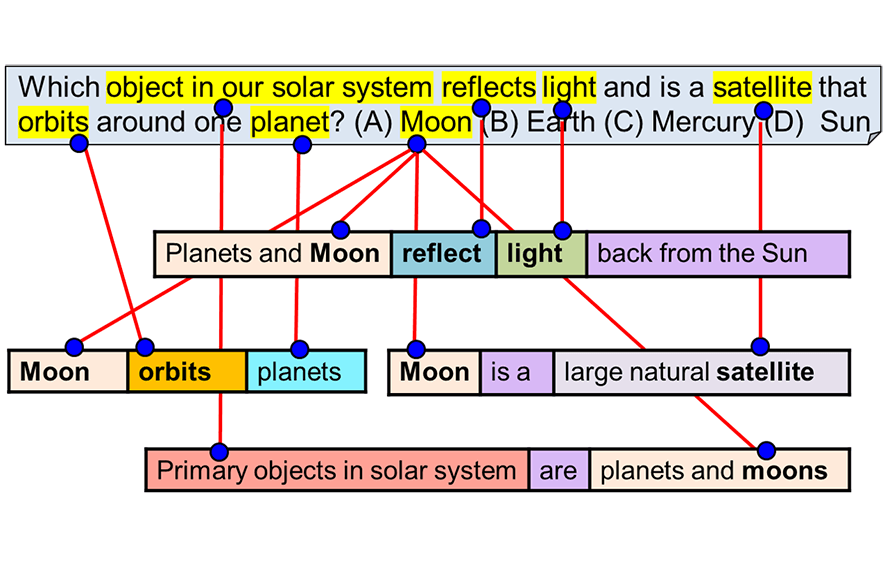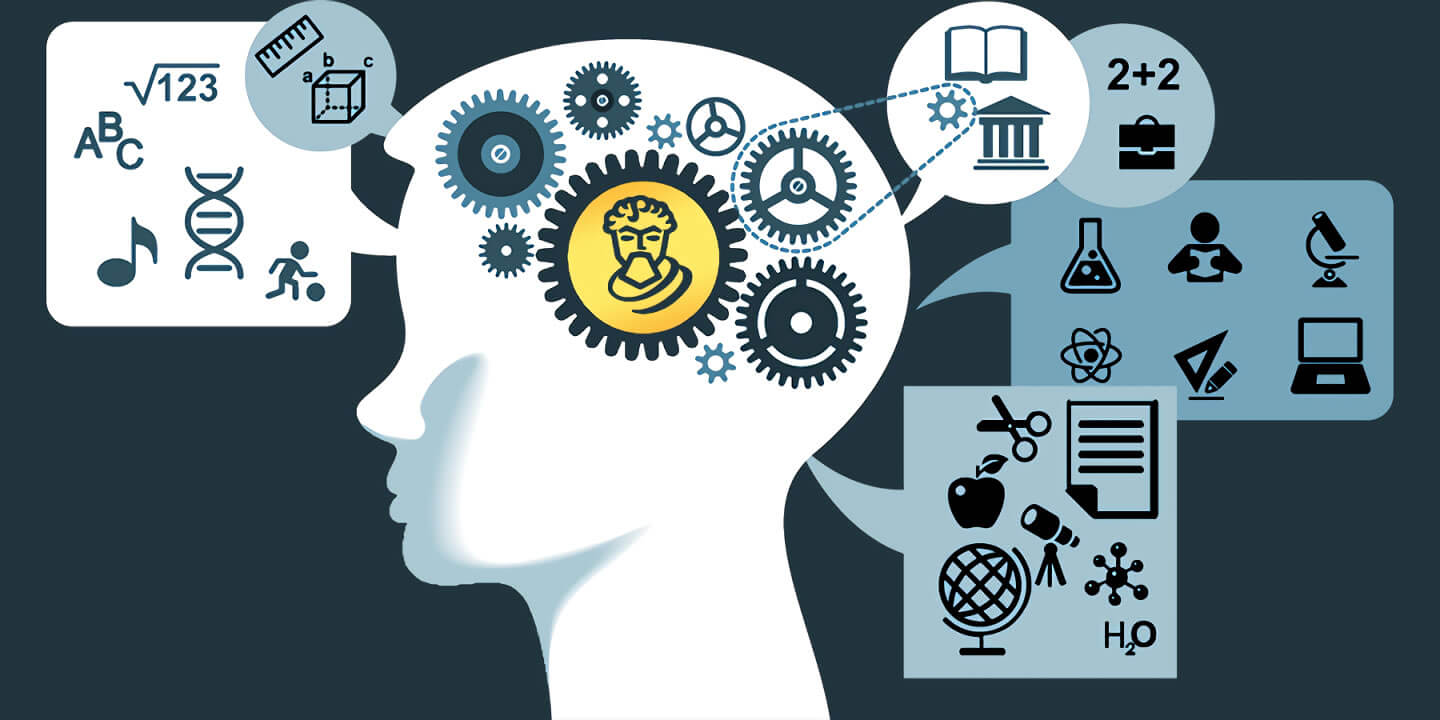Why it matters: AI research is progressing faster than we're able to judge its many implications, even though we're still far from creating a so-called artificial general intelligence. Every time we reach a new milestone in machine learning, we find ways to augment or even replace a new aspect of human labor. In the case of Aristo, the results it achieved mean we're going to see smarter digital assistants and search engines.
Five years ago, Microsoft co-founder and serial philanthropist Paul Allen challenged computer scientists to come up with an artificial intelligence system smart enough to handle an eighth-grade science test. Hundreds of researchers embarked on a race to develop that system for a chance to win $50,000, but none of them succeeded. The prototypes were only able to score 60 percent on the test that students have as they enter high school.
The good news is that someone has finally managed to do it, but unfortunately Paul Allen passed away in 2018 after struggling with cancer. The Allen Institute for Artificial Intelligence – also known as AI2 – recently unveiled an AI that passed the test with flying colors. Specifically, it was able to answer over 90 percent of the questions found on a standard eighth-grade science test and over 80 percent on a 12th-grade one.
The AI called Aristo achieved no small feat, but it's worth noting the tests normally include questions that require students to interpret pictures and diagrams and those were removed for Aristo, as the researchers have yet to implement the skills required – they include a complex mix of natural language processing and computer vision.

Aristo's capabilities were built and tuned for multiple-choice tests, so it excels at information retrieval and making logical connections, which could greatly improve search engines as well as digital assistants like Amazon's Alexa and Apple's Siri. AI2 CEO Oren Etzioni believes standard science tests are a better benchmark than the typical chess-based ones used to evaluate AI prowess.
Researchers acknowledge that Aristo isn't remotely comparable to real human students and don't match their ability to reason. We aren't there yet, but developments like this can also be used to spread fake news and create surveillance systems akin to those only imagined in dystopian works of fiction.
On a more positive note, artificial intelligence can be used to deal with air pollution, improve the safety of self-driving cars, and make way for new jobs that involve more creativity and less repetitive work. This contradictory state of AI is a hot subject for many debates in tech, and recently Elon Musk and Jack Ma had an interesting discussion on the potential and perils of AI at the World Artificial Intelligence Conference in Shanghai.
